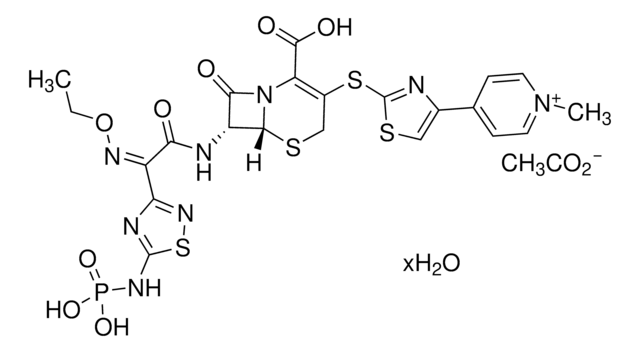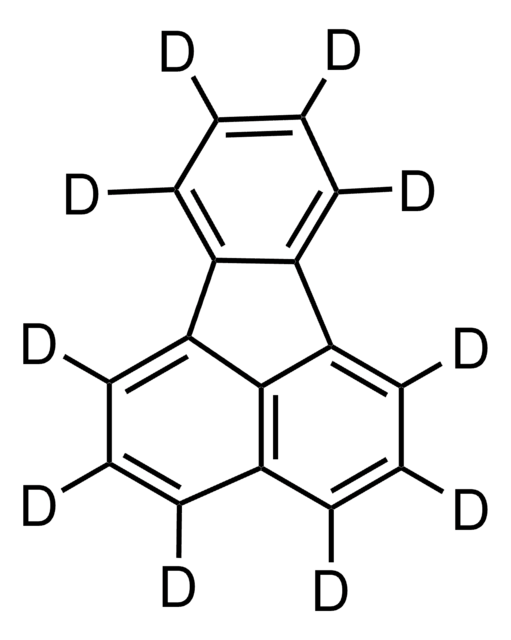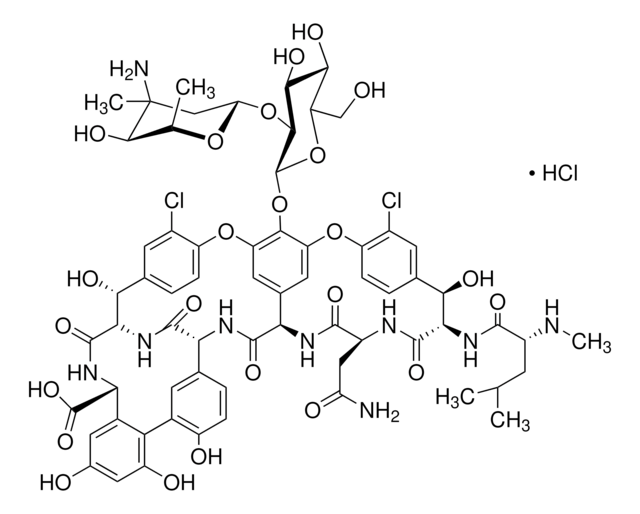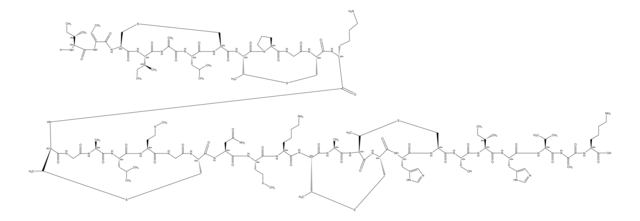G1163
O-Glycosidase from Streptococcus pneumoniae
recombinant, expressed in E. coli, buffered aqueous solution
Synonym(s):
Endo-α-N-acetylgalactosaminidase, O-Glycanase
Sign Into View Organizational & Contract Pricing
Select a Size
100 MG
143,00 $
1 G
262,00 $
5 G
743,00 $
143,00 $
Please contact Customer Service for Availability
Select a Size
Change View
100 MG
143,00 $
1 G
262,00 $
5 G
743,00 $
About This Item
143,00 $
Please contact Customer Service for Availability
Recommended Products
recombinant
expressed in E. coli
Quality Level
conjugate
(O-linked)
form
buffered aqueous solution
mol wt
180 kDa
concentration
≥800 units/mL
shipped in
wet ice
storage temp.
2-8°C
Related Categories
1 of 4
This Item | 364622 | 456292 | 364630 |
|---|---|---|---|
| isotopic purity 98 atom % D | isotopic purity 98 atom % D | isotopic purity 98 atom % D | isotopic purity 98 atom % D |
| mass shift M+10 | mass shift M+10 | mass shift M+10 | mass shift M+14 |
| Quality Level 200 | Quality Level 200 | Quality Level 200 | Quality Level 200 |
| form solid | form solid | form solid | form solid |
| mp 210-215 °C (lit.) | mp 98-100 °C (lit.) | mp 110-113 °C (lit.) | mp 212-213 °C (lit.) |
| bp 340 °C (lit.) | bp 340 °C (lit.) | bp 384 °C (lit.) | bp - |
Biochem/physiol Actions
Releases unsubstituted Ser- and Thr-linked β-Gal-(1→3)-α-GalNAc (Core 1 type O-glycan) from glycoproteins. Substitutions of the disaccharide core with sialic acid, lactosamine (galactose-N-acetyl glucosamine), or fucose will block hydrolysis and prevent the liberation of the oligosaccharide from the protein. Pretreament with glycolytic enzymes to remove substituent saccharides from the O-glycan may be needed prior to cleavage using O-glycosidase..
Packaging
Supplied with 5× Reaction Buffer, 250 mM NaH2PO4 pH 5.0.
Unit Definition
One unit will hydrolyze 1 μmole of p-nitrophenyl galacto-N-bioside (β-Gal-(1→3)-α-GalNAc-1→ΟC6H4NO2) per min at 37 °C at pH 6.5.
Physical form
Solution in 50 mM sodium phosphate, pH 7.5
Analysis Note
Screened for presence of: β-galactosidase, α-mannosidase, β-hexosaminidase, α-fucosidase, neuraminidase, and proteases. See Certificate of Analysis for lot specific information.
Storage Class Code
12 - Non Combustible Liquids
WGK
WGK 2
Flash Point(F)
Not applicable
Flash Point(C)
Not applicable
Personal Protective Equipment
dust mask type N95 (US), Eyeshields, Gloves
Choose from one of the most recent versions:
Already Own This Product?
Find documentation for the products that you have recently purchased in the Document Library.
Customers Also Viewed
Katharina Neudorfer et al.
Diagnostic microbiology and infectious disease, 90(1), 58-63 (2017-12-03)
We tested the in vitro activity of dalbavancin, vancomycin and daptomycin against 83 enterococcal isolates in planktonic and biofilm states. The MIC90 for vancomycin-susceptible Enterococcus faecalis was 0.125 and 4μg/mL for dalbavancin and daptomycin, respectively. For vancomycin-resistant Enterococcus faecium, the
Helio S Sader et al.
Antimicrobial agents and chemotherapy, 62(3) (2017-12-22)
Dalbavancin activity was assessed against a large collection of Staphylococcus aureus isolates (n = 59,903), including isolates with decreased susceptibility to vancomycin (MIC, ≥2 mg/liter; n = 1,141), daptomycin (MIC, ≥2 mg/liter; n = 48), telavancin (MIC, ≥0.12 mg/liter; n
Zongru Guo
Acta pharmaceutica Sinica. B, 7(2), 119-136 (2017-03-18)
Drug innovation is characterized by painstaking molecular-level syntheses and modifications as the basic components of research and development. Similarly, natural products are chemically tailored and modified based upon their structural and biological properties. To some extent, the modification of natural
Michael A Pfaller et al.
International journal of antimicrobial agents, 51(4), 608-611 (2017-12-27)
Osteomyelitis is a difficult-to-treat infection that regularly involves prolonged use of systemic antibiotics. Dalbavancin has demonstrated activity against Gram-positive isolates, and has been considered as a candidate for the treatment of osteomyelitis in adults and children. This study evaluated the
Valentin Al Jalali et al.
Clinical pharmacokinetics, 57(7), 797-816 (2018-01-15)
Telavancin was discovered by modifying the chemical structure of vancomycin and belongs to the group of lipoglycopeptides. It employs its antimicrobial potential through two distinct mechanisms of action: inhibition of bacterial cell wall synthesis and induction of bacterial membrane depolarization
Our team of scientists has experience in all areas of research including Life Science, Material Science, Chemical Synthesis, Chromatography, Analytical and many others.
Contact Technical Service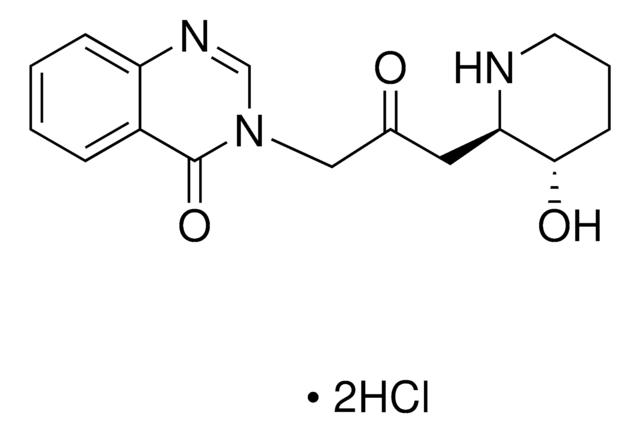




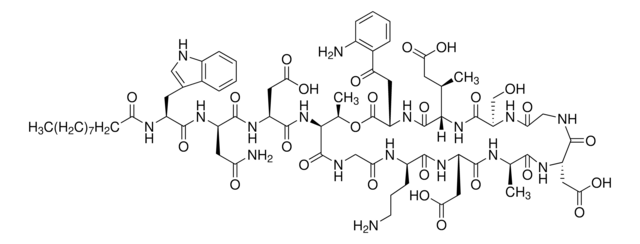
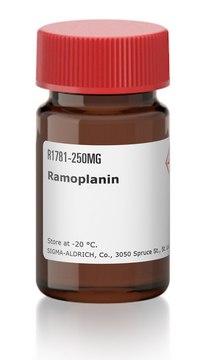

![GAL4 [(1-147) + VP16 (411-490)] from Saccharomyces cerevisiae human herpesvirus 2 recombinant, expressed in E. coli, ≥80% (SDS-PAGE)](/deepweb/assets/sigmaaldrich/product/images/195/570/27f4c1ab-cab8-46e7-bd1a-04978b89bacc/640/27f4c1ab-cab8-46e7-bd1a-04978b89bacc.jpg)
